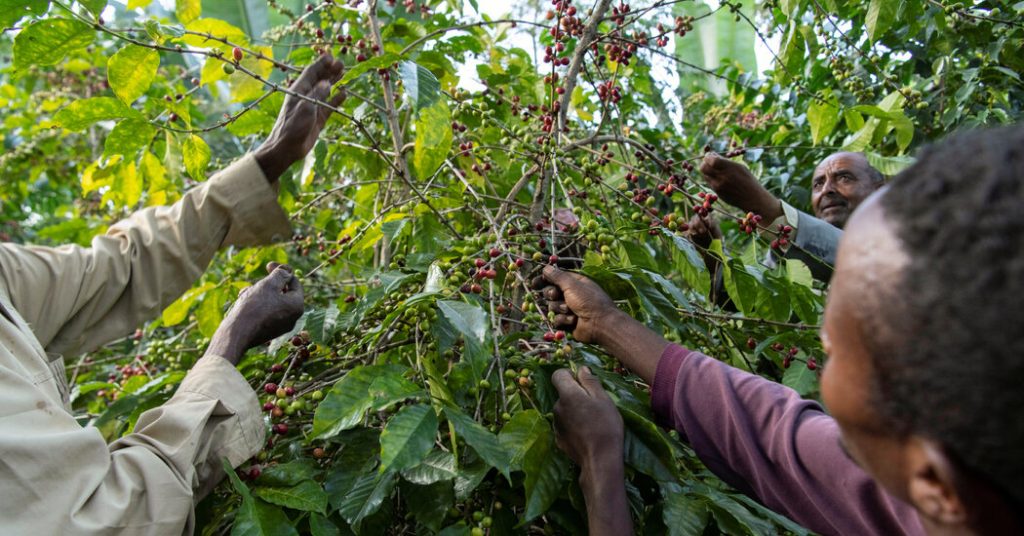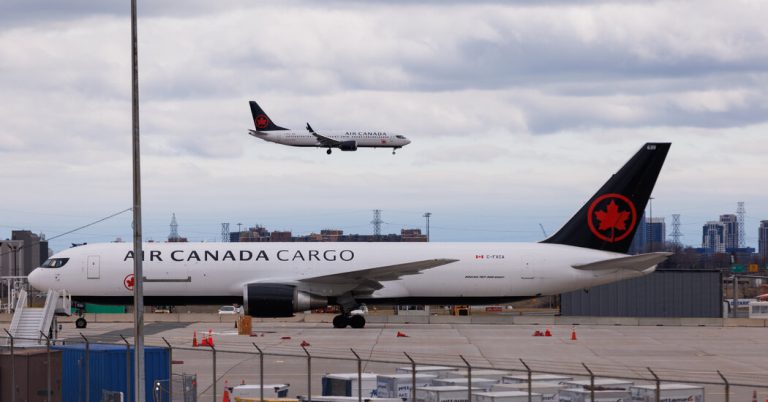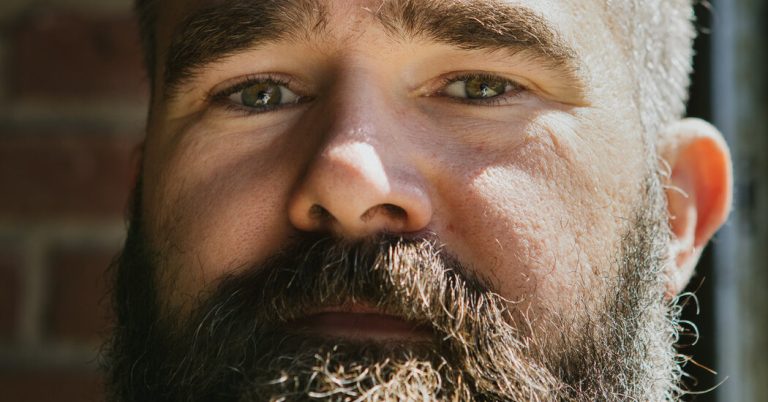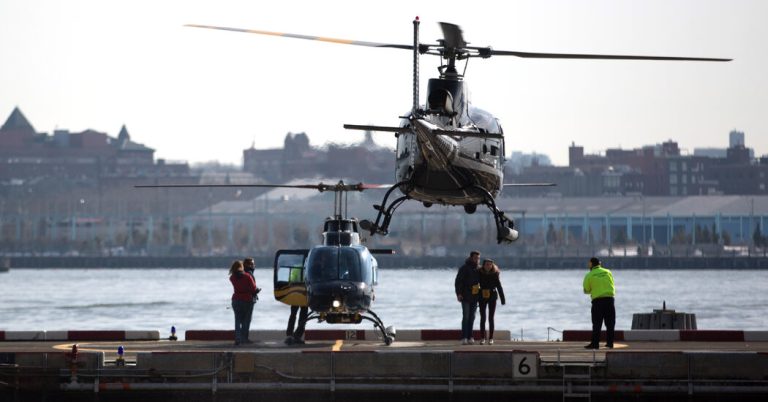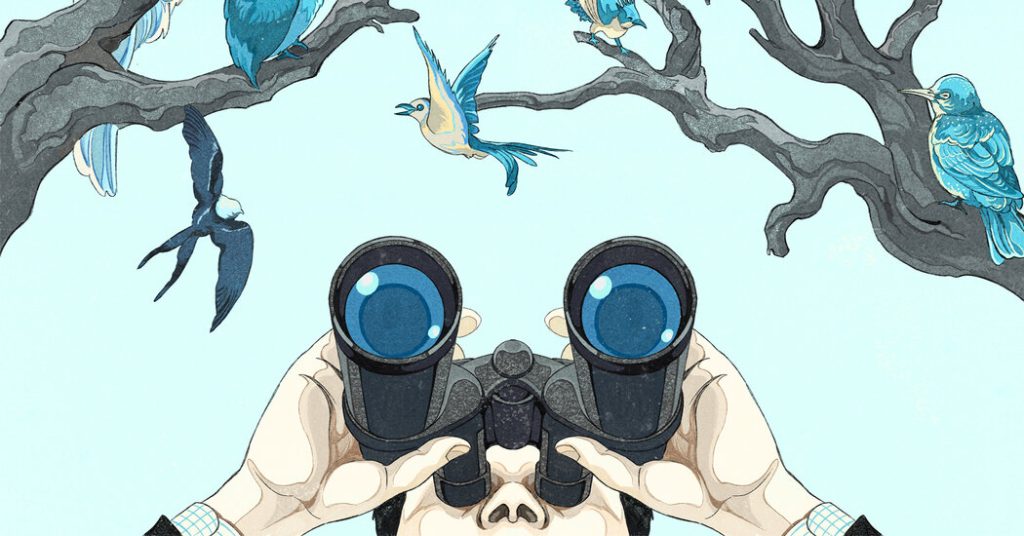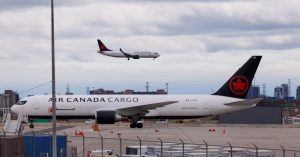Farmers in Africa that produce some of the world’s most prized coffee are in a scramble to comply with new European Union environmental rules that require them to document the origin of every shipment of beans.
The new measure, coming into force at the end of this year, is designed to prevent deforestation driven by agricultural expansion. To comply, farmers must provide geolocation data to show that their coffee was not grown on land where forests have recently been cut down.
After Dec. 31, any producers that cannot provide this documentation will lose access to the vast European market.
Europe consumes more coffee than any country or bloc in the world and experts say the new rule, formally known as the E.U. Deforestation Regulation, is a potentially powerful tool to promote sustainable agriculture and prevent forest destruction.
But it also represents what some are calling a “green squeeze” that imposes heavy burdens on millions of small farmers in developing countries that have contributed the least to climate change, and tests ability of policymakers to balance the needs of people and the needs of nature.
“Of course data is very important to us, but what we are just saying is we need support,” said Dejene Dadi, head of the Oromia Coffee Farmers Cooperative Union. “It’s very challenging and costly and we don’t have any help.”

